
OCD Obsessive Compulsive Disorder • Anxiety & OCD Treatment Center of Florida
What is the difference between OCD and OCPD? Even though they sound similar, obsessive-compulsive disorder (OCD) and obsessive-compulsive personality disorder (OCPD) are different conditions.. OCPD is a personality disorder that causes an extensive preoccupation with perfectionism, organization and control.. People with OCD are usually aware that their obsessions and compulsions are.

Tips for Dating With OCD YouTube
Obsessive-compulsive disorder (OCD) is slightly more common among women than men and affects about 1 to 2% of the population. On average, OCD begins at about age 19 to 20 years, but about 25% of cases begin by age 14 (see also Obsessive-Compulsive Disorder in Children and Adolescents Obsessive-Compulsive Disorder (OCD) and Related Disorders in Children and Adolescents Obsessive-compulsive.

OCD en Relaties Waarom Relatie OCD leidt tot intense twijfel
OCD symptoms tend to wax and wane over time. Sometimes they may be little more than background noise; at other times they may be very distressing and disturbing. OCD can start at any time from preschool age to adulthood (usually by age 40). One third to one half of adults report that their OCD started during childhood.
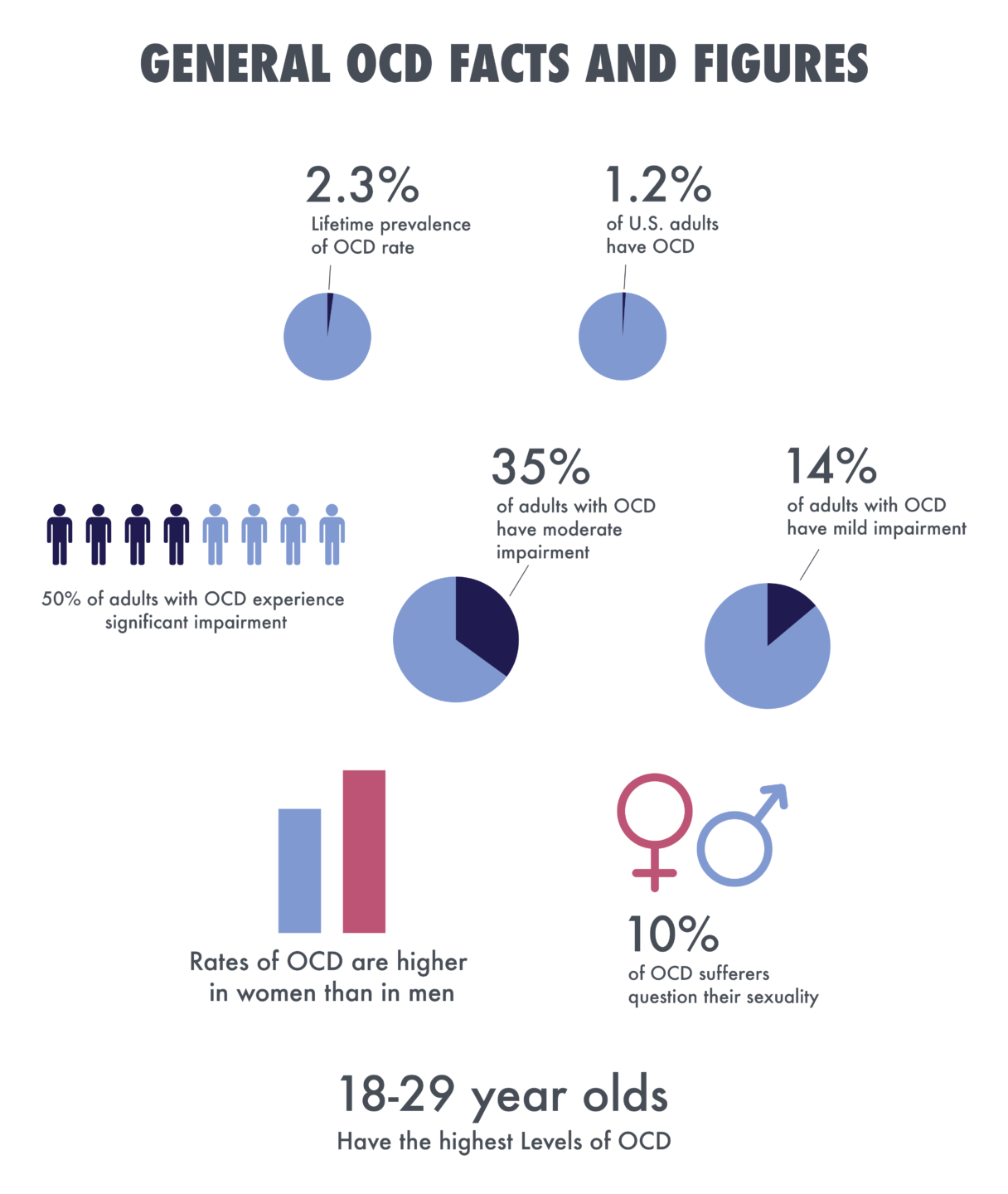
A Guide to Obsessive Compulsive Disorder Statistics and Treatment
Overview of Relationship OCD (ROCD) Evelyn, Jeffery, and Norman present with what is commonly referred to as relationship obsessive-compulsive disorder (ROCD) — obsessive-compulsive symptoms that focus on intimate relationships. In the last decade, ROCD has been frequently mentioned and discussed in OCD forums and self-help discussion groups.
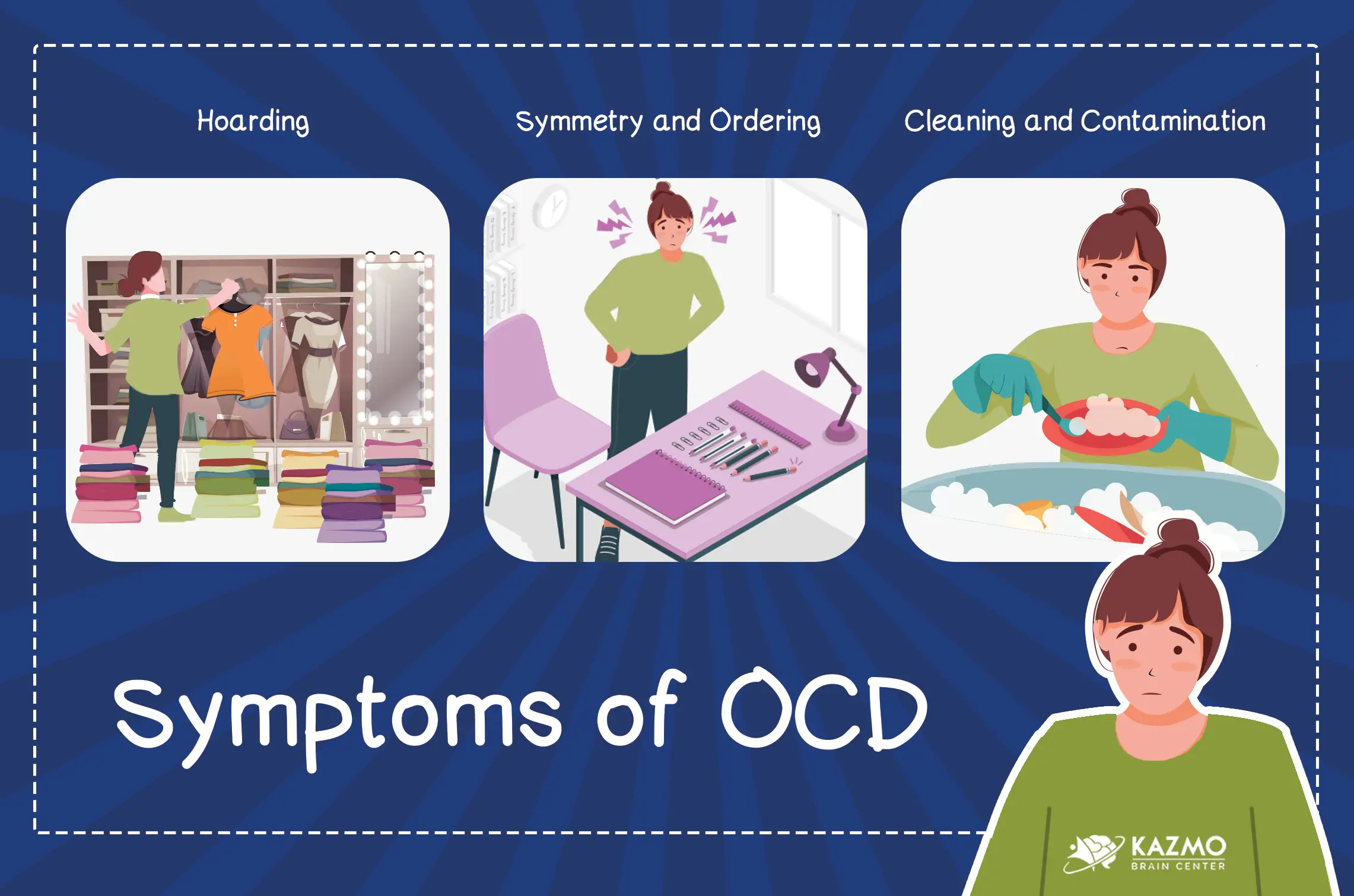
Disorder (OCD) Kazmo Brain Center
Symptoms focus on doubts and preoccupations about how the person feels toward their partner, how they think their partner feels toward them, and the "rightness" of their relationship. Obsessions can manifest in ways such as images, thoughts, and urges. Symptom triggers might include experiencing negative feelings (including boredom or distress.

Apa itu Obsessive Compulsive Disorder (OCD)? Berikut ini Penjelasannya
Myth 4: People with OCD just need to relax. Again—nope. A person with OCD most definitely is struggling with anxiety, but it stems from the continual intrusion of obsessive, upsetting thought.

OCD Is Not What You Think It Is Enriched Couples
OCD is a slow-onset disorder, but we can often trace the beginnings of obsessions and compulsions to either a stressful life event or a life change that bestows greater responsibilities on the.

OCD en Relaties en hoe je het herkent YouTube
Dr. Fred Penzel's 25 Tips for Succeeding in Your OCD Treatment. 2. Be willing to accept risk. Risk is an integral part of life, and as such it cannot be completely gotten rid of. Remember that not recovering is the biggest risk of all. 3. Never seek reassurance from yourself or others. Instead, tell yourself the worst will happen, is happening.
:max_bytes(150000):strip_icc()/what-are-the-different-types-of-ocd-2510663_color3-5b3f8fda46e0fb00370d01bf.png)
OCD Subtypes Different Subtypes of Disorder
Obsessive-compulsive disorder (OCD) is a mental disorder in which people experience unwanted and repeated thoughts, feelings, images, or sensations (obsessions) and engage in behaviors or mental.

Types of OCD (Obsessive Compulsive Disorder) Visual.ly
Relationship OCD (ROCD) is a subtype of obsessive-compulsive disorder in which people experience unwanted and persistent thoughts about their current or past relationships, known as obsessions. Many of us experience varying levels of relationship anxiety from time to time. However, for those with ROCD, these obsessions are all-consuming and.
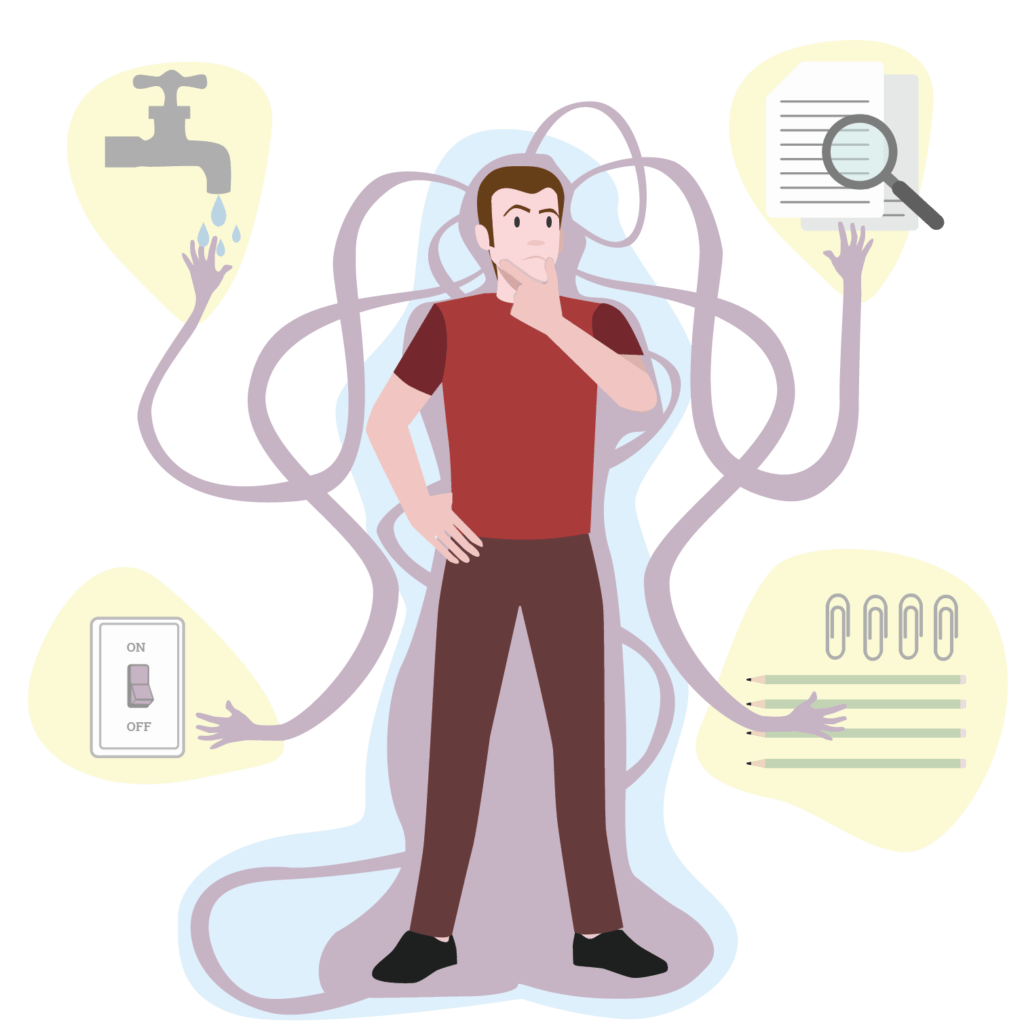
OCD What is OCD? Exceptional Individuals
Obsessive-compulsive disorder treatment may not result in a cure. But it can help bring symptoms under control so that they don't rule your daily life. Depending on how serious your OCD is, you may need long-term, ongoing or more-intensive treatment. The two main treatments for OCD are psychotherapy and medicines. Psychotherapy also is known as.
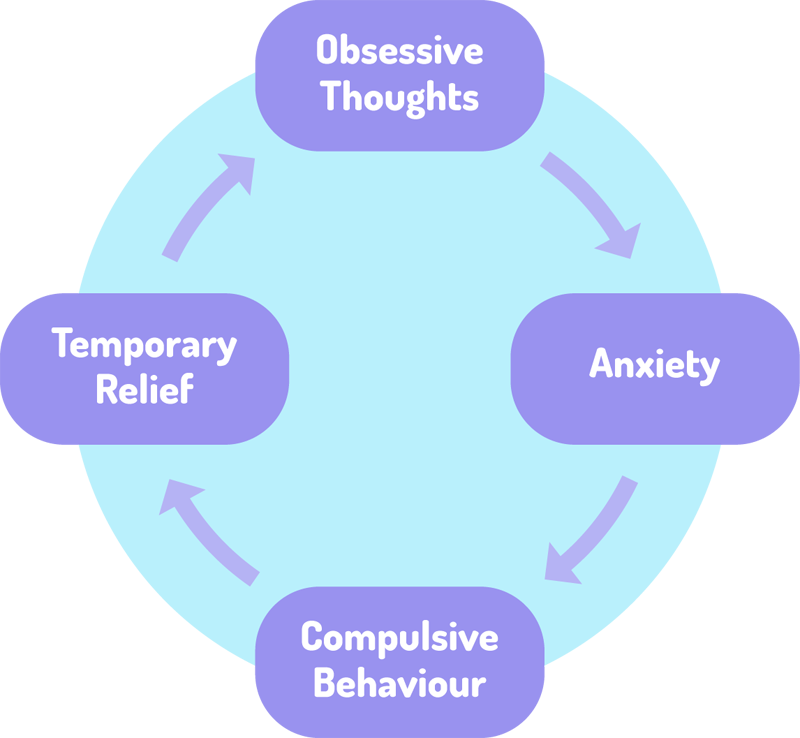
OBSESSIVE COMPULSIVE DISORDER(OCD)
Obsessive-compulsive disorder (OCD) is a mental health condition characterized by obsessions and compulsions that interfere with daily life. OCD was formerly classified as an anxiety disorder because people affected by this mental illness often experience severe anxiety as a result of obsessive thoughts.
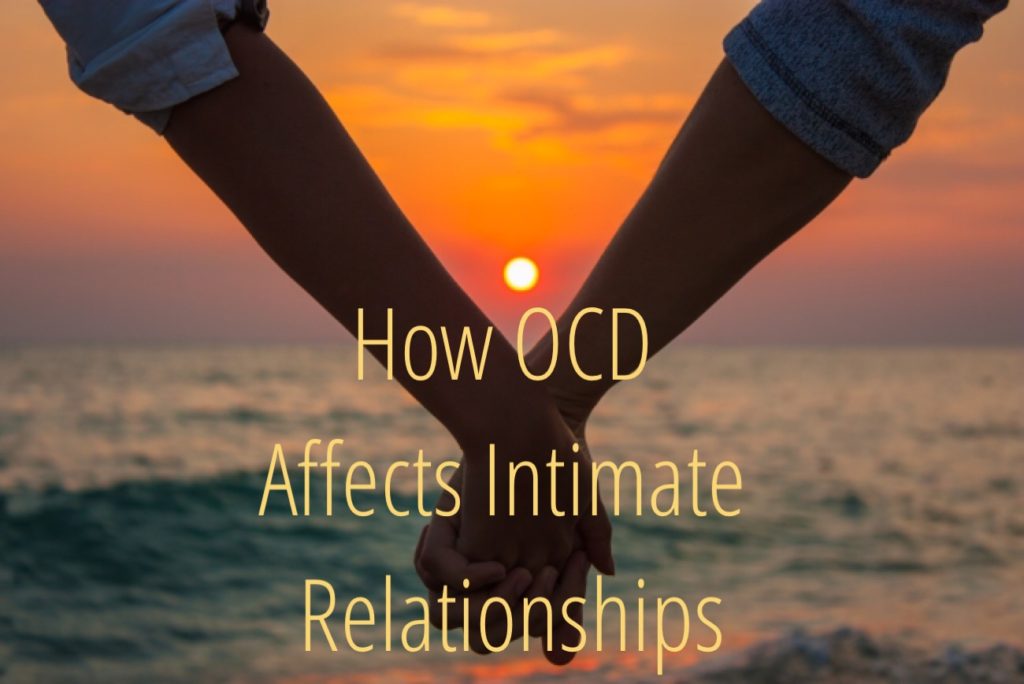
How OCD Affects Relationships GroundWork Counseling
Obsessive-compulsive disorder (OCD) is a highly prevalent and chronic condition that is associated with substantial global disability. OCD is the key example of the 'obsessive-compulsive and related disorders', a group of conditions which are now classified together in the Diagnostic and Statistical Manual of Mental Disorders, Fifth Edition, and the International Classification of.

Obsessive Compulsive Disorder Lanc UK
People with ROCD struggle to fully engage in and enjoy their relationships and their overall lives. This post is a continuation of an interview I conducted with Prof. Guy Doron and Dr. Danny Derby.

Understanding OCD Obsessive Compulsive Disorder Therapy Birmingham
From hoarding to handwashing to forever checking the stove, obsessive-compulsive disorder (OCD) takes many forms. It is an anxiety disorder that traps people in repetitive thoughts and behavioral.

Obsessive Compulsive Disorder Simplified Diagnosis and Treatment of OCD A Psychiatrist Explains
Disorders Related to OCD. One of the stumbling blocks to accessing effective treatment for individuals with OCD is that OCD can sometimes be confused with other disorders. The newest edition of the Diagnostic and Statistical Manual of Mental Disorders (DSM-5) — which mental health professionals use to help diagnose mental health disorders.